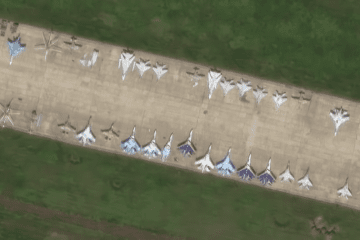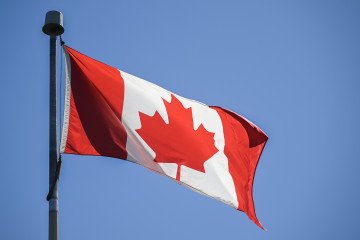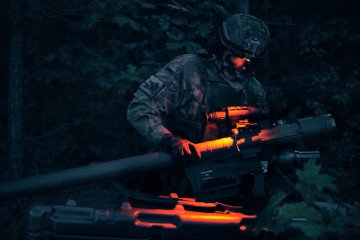Russian leader Vladimir Putin remains unwilling to pursue peace in Ukraine unless it results in the dismantling of the Ukrainian state, according to a June 20 report by the Institute for the Study of War (ISW).
Analysts conclude that the Kremlin continues to expand its territorial ambitions while using the concept of “buffer zones” to justify further military aggression.
During the recent St. Petersburg International Economic Forum, Putin reiterated claims that Russians and Ukrainians are “one people” and described Ukraine as “essentially Russian.”
ISW notes that such statements are part of a long-running Kremlin information campaign aimed at denying Ukraine’s independence and undermining international support for its defense.
“Putin has consistently demonstrated that he does not view Ukraine as a sovereign state with its own history, identity, and culture,” ISW stated.
According to the think tank, this narrative supports Russia’s long-term objective of subjugating Ukraine rather than ending the war through negotiated settlement.
ISW analysts emphasized that the Kremlin’s portrayal of Russia and Ukraine as a single historical nation is used to justify continued hostilities and territorial claims. This information operation also seeks to rationalize the war domestically in Russia.
Expansion beyond annexed regions
Putin’s latest remarks suggest that Russian military operations may extend beyond the four partially occupied regions—Donetsk, Luhansk, Zaporizhzhia, and Kherson—unlawfully annexed by Russia in 2022.
Referring to the presence of Russian forces outside these areas, Putin cited the “logic of military operations” and repeated the phrase: “Where the Russian soldier stands is Russian land.”
The Russian leader also said the possible capture of Sumy in northeastern Ukraine could not be ruled out. While he claimed that Moscow has no current plans to seize the city, Russian officials have publicly advocated for the creation of buffer zones in neighboring Ukrainian regions, including Sumy, Kharkiv, and Dnipropetrovsk.
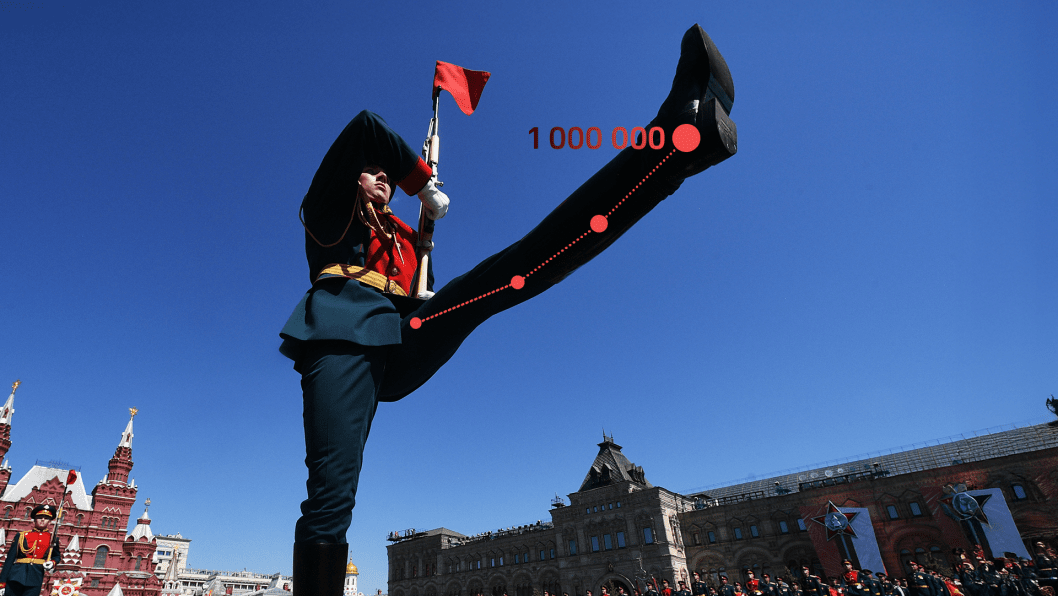
Leonid Pasechnik, a Kremlin-appointed official in the occupied Luhansk region, recently called for a 20–30 km buffer zone to protect against Ukrainian drone strikes.
Meanwhile, Russian lawmaker Alexei Zhuravlyov proposed extending a buffer zone deep into Dnipropetrovsk region, up to the Dnipro River, citing the need to defend Donetsk from HIMARS strikes.
ISW assessed these statements as part of a broader strategy to legitimize future territorial expansion. “The Kremlin is using the concept of buffer zones to justify further aggression beyond the current lines of control,” the report said.
Ukrainian response
President Volodymyr Zelenskyy addressed the concept of demilitarized buffer zones during a recent press conference, warning that any withdrawal of Ukrainian forces from frontline cities would effectively cede them to Russian control.
He stressed that the range of modern artillery and drones far exceeds any proposed buffer zone.
“If we talk about a 15-kilometer zone, what do we do with Kherson? If there are no Ukrainian troops in Kherson, it means we lose Kherson,” Zelenskyy said, adding that the same logic applies to cities like Pokrovsk, Kharkiv, and Sumy.
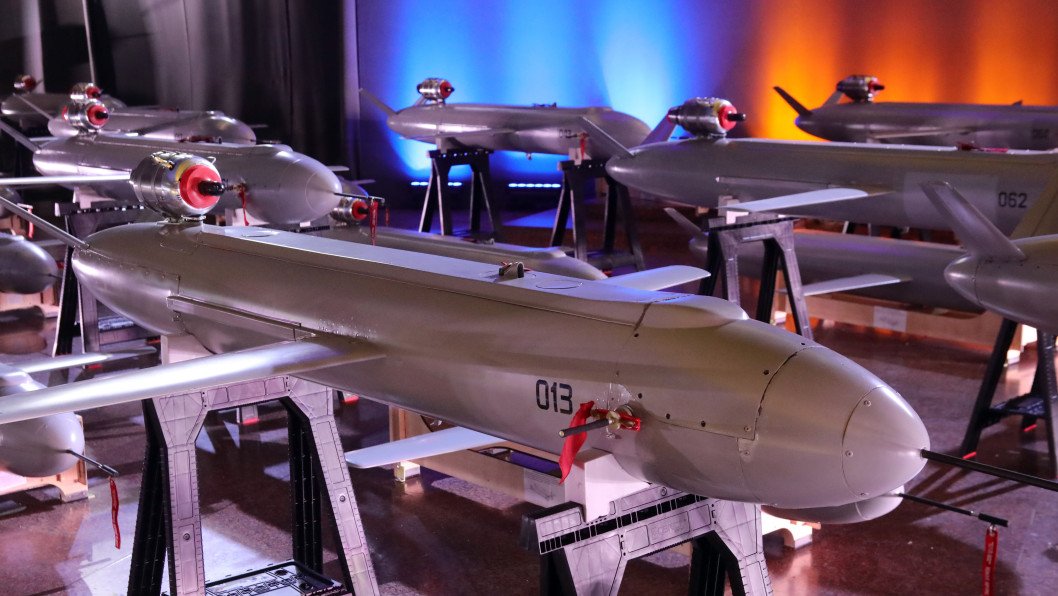
He also noted that proposals for buffer zones have not been officially presented to Ukraine by any international actors and expressed skepticism about their feasibility, especially given Russia’s ongoing offensive operations.
Strategic outlook
According to ISW, Putin’s approach remains rooted in the belief that Russia can achieve victory through a prolonged war of attrition. His recent statements, including the suggestion that Ukraine should accept “realities on the ground,” reflect confidence that continued fighting will weaken Ukraine’s negotiating position over time.
ISW analysts noted that this “theory of victory” ignores battlefield realities, where Russian advances remain limited and come at significant cost. Ukrainian forces continue to employ drone warfare and defensive systems to resist Russian offensives.
Ultimately, ISW concludes that Putin’s rhetoric and strategic posture confirm that Russia does not aim for a negotiated peace, but rather the subjugation of Ukraine as a sovereign state.
Earlier, during the St. Petersburg International Economic Forum, Vladimir Putin claimed that “all of Ukraine is ours,” reiterated that Russia is not seeking Ukraine’s capitulation, and did not rule out a potential advance on Sumy.


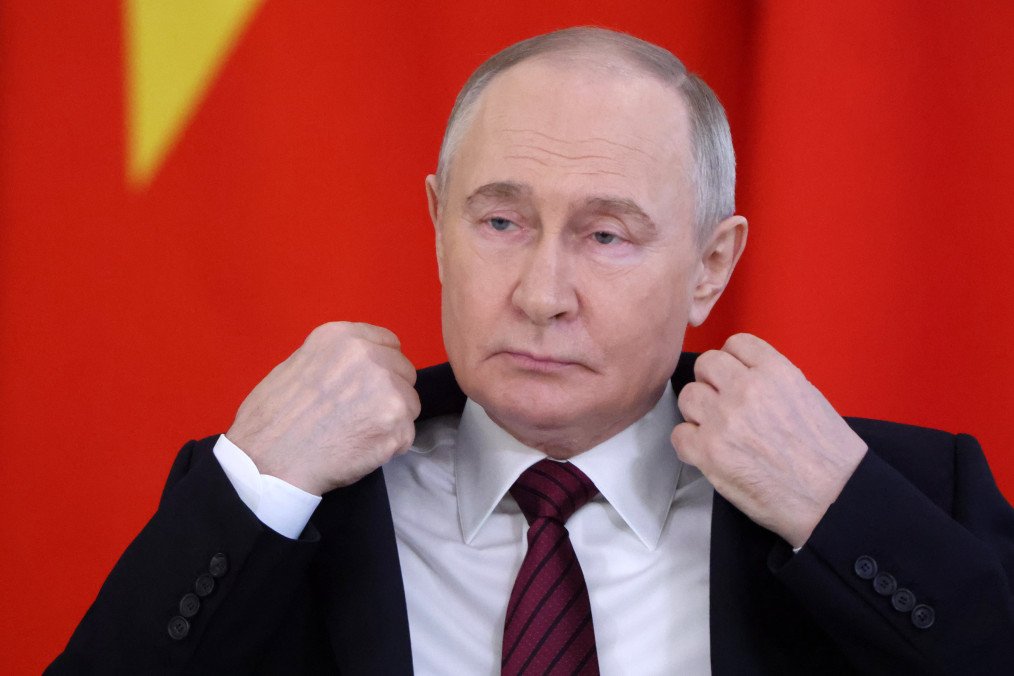
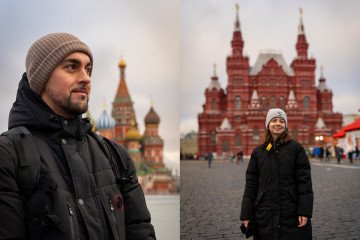
-111f0e5095e02c02446ffed57bfb0ab1.jpeg)
